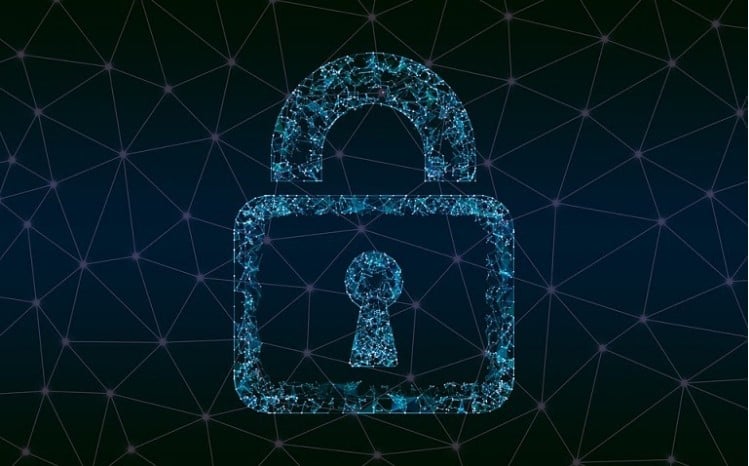How to Protect Your Company Data when your Employees Work from Home
Sometimes small businesses employees and partners don’t work from a common office, but rather from home, especially if they collaborate on an international level. If it is the case, then you need to protect the company’s data inside their personal computers and other devices, from where they access it. There are various ways to do so. Here are a few things you can do to improve security.
- Smart Working Requires a Higher Level of Protection
More companies use smart working (work from home) than ever before, following the lockdown and the resurgence of the coronavirus in many parts of the world. But in small businesses, it is often to save money. Renting offices can be expensive and not necessarily useful anymore. However, that creates new challenges in terms of security, as everyone is working separately.
The one thing you need to do to protect the company’s private information, first and foremost, is to make sure everyone uses a VPN when they go online. That is because a VPN enables businesses to protect their data from potential intruders. Setting up a common VPN for all employees and partners inside the company should not be optional. The VPN (Virtual Private Network) hides your colleagues’ activities from potential hackers. What it does is create a secure tunnel between the personal computer and the source where it takes its information, while encrypting the data so that hackers can’t read it.
- Additional Protection Measures
Once you have made sure that everyone uses the VPN on their computers, at all times, then you can look into additional ways to protect your data from intruders and anyone who would like to spy on what you do. The second element which you should install is firewall software. Nowadays, most of the people working from home use a central router in their house. They normally come with a firewall, but it is not sufficient to keep away undesired guests. That is why you should install firewall software. It is up to you to decide which firewall you will use, as you can either find them online, or where you buy your electronic devices. Do not let the choice of a firewall affect your employees. Everyone should use the same professional one, which will guarantee privacy.
The next step is to install internet security software on each of the personal computers that have access to company data. They are meant to protect against viruses and spam. If you want to invest a little more, find software which will also include a firewall, website protection and a filtering program inside. To use all-in-one software can be simpler for the various users inside your company, but for you as well as the manager of the network. This will protect the system against hackers that create links that you click on, which invites them into the computer. Therefore, a program like Norton, McAfee or Avast is necessary to the protection of the company’s private information.
The perfect situation is that the company provides the laptops with a VPN and the various protection software already inside. But if it isn’t the case, make sure your colleagues devices have all the necessary security programs and remind them to do a regular update.

